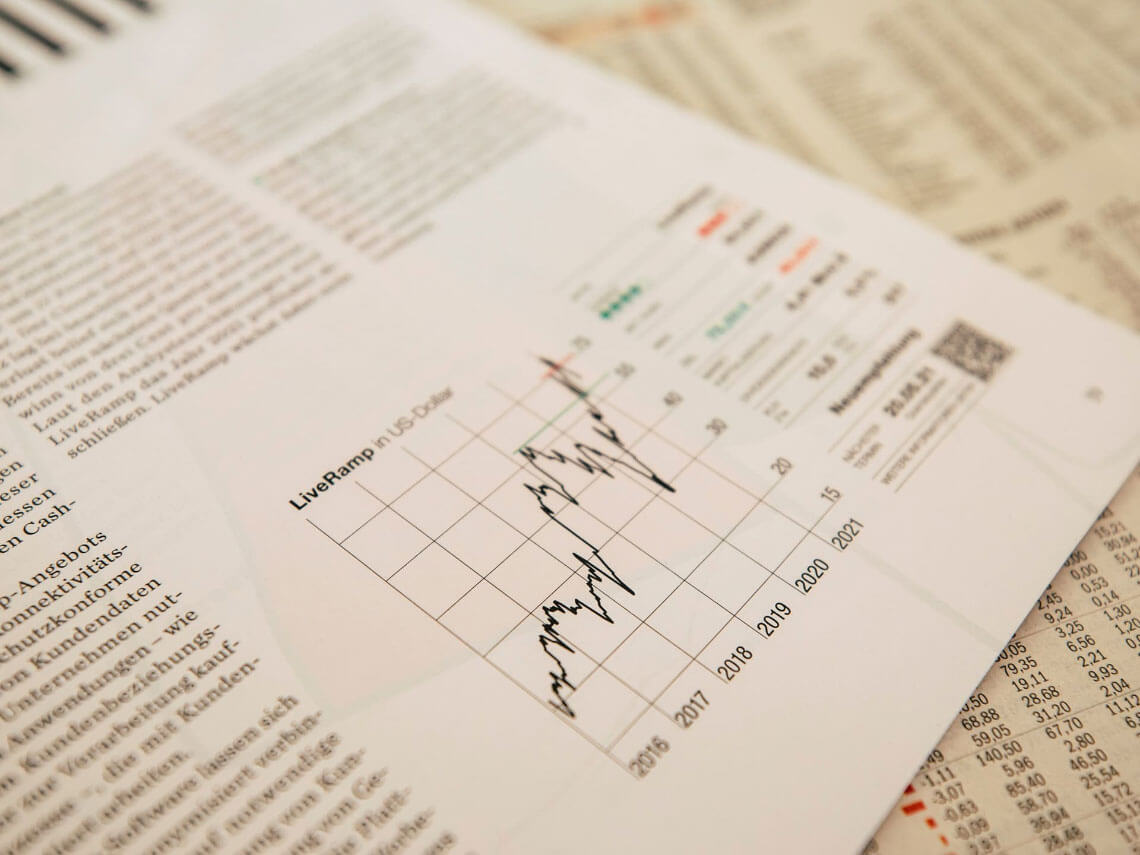Corona pandemic, chip shortage and now the war in Ukraine. External shocks are causing supply bottlenecks in many sectors. In response, companies are increasing the number of their suppliers – or bringing production back to their home region. […]
First the coronavirus pandemic, then a blatant shortage of microchips and now the war in Ukraine: supply chain disruptions are on the rise. And companies are responding to this. There has been talk of “deglobalization” for some time now. Terms such as “nearshoring” or “reshoring” are doing the rounds. This refers to the establishment of production and supply chains that are as close together as possible and only cross a few national borders. It is a process that is only just beginning and will take years. A topic that companies should address. […]
In many cases, relocation at any price is not even possible, as Prof. Götz-Andreas Kemmner, Managing Partner of Abels und Kemmner Gesellschaft für Unternehmensberatung, reports: “For certain technologies and product clusters, the basic infrastructure is now also lacking in Europe, so that industries would have to be relocated back and not just individual goods.” Basically, he observes that the procurement of a product is spread across several suppliers and regions.
You can find the full article in issue 02/2022 of Creditreform magazine on pages 24-26 or on the magazine’s website.

